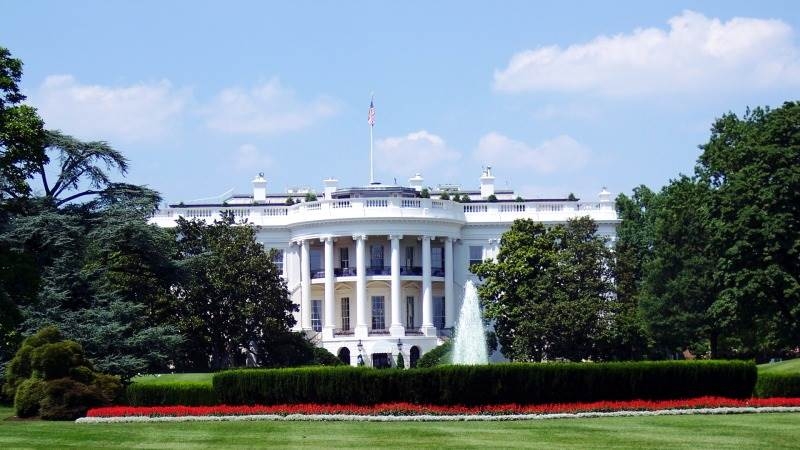Get off your knees, Humanity. The Nexus of Narcissism and Leadership
Narcissism and leadership are intricately linked, with both positive and negative consequences. Here’s a breakdown of the key findings:
Healthy Narcissism in Leadership
Healthy narcissism can be beneficial in leadership roles, as it can drive ambition, confidence, and a sense of self-importance (Maccoby, 2000).
Leaders with healthy narcissistic tendencies may be more likely to take risks, innovate, and inspire others (Galvin et al., 2010).
However, healthy narcissism is rare and often accompanied by other positive traits, such as empathy and self-awareness (Emmons, 1987).
Destructive Narcissism in Leadership
Destructive narcissism, characterized by grandiosity, entitlement, and a lack of empathy, can have negative consequences for organizations and followers (Rosenthal and Pittinsky, 2006).
Leaders with destructive narcissistic tendencies may engage in abusive supervision, exploit others, and prioritize their own interests over the well-being of the organization (Tepper, 2000).
Followers with low self-esteem may be particularly vulnerable to abuse by narcissistic leaders (Nevicka et al., 2011b).
Mixed Results
Research has yielded mixed results regarding the relationship between leader narcissism and leadership effectiveness (Campbell et al., 2011; Grijalva and Harms, 2014).
Some studies have found positive correlations between leader narcissism and leadership emergence, but not with leadership effectiveness (Harms et al., 2022).
Others have found no direct relationship between leader narcissism and abusive supervision (Wisse and Sleebos, 2016).
Key Takeaways
Narcissism is a complex trait that can manifest differently in leaders, with both positive and negative consequences.
Healthy narcissism may be beneficial in leadership roles, but it is rare and often accompanied by other positive traits.
Destructive narcissism can have devastating consequences for organizations and followers.
Followers’ personality traits, such as low self-esteem, can influence their susceptibility to abuse by narcissistic leaders.
https://www.youtube.com/watch?v=w-zZESSt_X0
Narcissism and leadership are intricately linked, with both positive and negative consequences. Here’s a breakdown of the key findings:
Healthy Narcissism in Leadership
Healthy narcissism can be beneficial in leadership roles, as it can drive ambition, confidence, and a sense of self-importance (Maccoby, 2000).
Leaders with healthy narcissistic tendencies may be more likely to take risks, innovate, and inspire others (Galvin et al., 2010).
However, healthy narcissism is rare and often accompanied by other positive traits, such as empathy and self-awareness (Emmons, 1987).
Destructive Narcissism in Leadership
Destructive narcissism, characterized by grandiosity, entitlement, and a lack of empathy, can have negative consequences for organizations and followers (Rosenthal and Pittinsky, 2006).
Leaders with destructive narcissistic tendencies may engage in abusive supervision, exploit others, and prioritize their own interests over the well-being of the organization (Tepper, 2000).
Followers with low self-esteem may be particularly vulnerable to abuse by narcissistic leaders (Nevicka et al., 2011b).
Mixed Results
Research has yielded mixed results regarding the relationship between leader narcissism and leadership effectiveness (Campbell et al., 2011; Grijalva and Harms, 2014).
Some studies have found positive correlations between leader narcissism and leadership emergence, but not with leadership effectiveness (Harms et al., 2022).
Others have found no direct relationship between leader narcissism and abusive supervision (Wisse and Sleebos, 2016).
Key Takeaways
Narcissism is a complex trait that can manifest differently in leaders, with both positive and negative consequences.
Healthy narcissism may be beneficial in leadership roles, but it is rare and often accompanied by other positive traits.
Destructive narcissism can have devastating consequences for organizations and followers.
Followers’ personality traits, such as low self-esteem, can influence their susceptibility to abuse by narcissistic leaders.
https://www.youtube.com/watch?v=w-zZESSt_X0
Get off your knees, Humanity. The Nexus of Narcissism and Leadership
Narcissism and leadership are intricately linked, with both positive and negative consequences. Here’s a breakdown of the key findings:
Healthy Narcissism in Leadership
Healthy narcissism can be beneficial in leadership roles, as it can drive ambition, confidence, and a sense of self-importance (Maccoby, 2000).
Leaders with healthy narcissistic tendencies may be more likely to take risks, innovate, and inspire others (Galvin et al., 2010).
However, healthy narcissism is rare and often accompanied by other positive traits, such as empathy and self-awareness (Emmons, 1987).
Destructive Narcissism in Leadership
Destructive narcissism, characterized by grandiosity, entitlement, and a lack of empathy, can have negative consequences for organizations and followers (Rosenthal and Pittinsky, 2006).
Leaders with destructive narcissistic tendencies may engage in abusive supervision, exploit others, and prioritize their own interests over the well-being of the organization (Tepper, 2000).
Followers with low self-esteem may be particularly vulnerable to abuse by narcissistic leaders (Nevicka et al., 2011b).
Mixed Results
Research has yielded mixed results regarding the relationship between leader narcissism and leadership effectiveness (Campbell et al., 2011; Grijalva and Harms, 2014).
Some studies have found positive correlations between leader narcissism and leadership emergence, but not with leadership effectiveness (Harms et al., 2022).
Others have found no direct relationship between leader narcissism and abusive supervision (Wisse and Sleebos, 2016).
Key Takeaways
Narcissism is a complex trait that can manifest differently in leaders, with both positive and negative consequences.
Healthy narcissism may be beneficial in leadership roles, but it is rare and often accompanied by other positive traits.
Destructive narcissism can have devastating consequences for organizations and followers.
Followers’ personality traits, such as low self-esteem, can influence their susceptibility to abuse by narcissistic leaders.
https://www.youtube.com/watch?v=w-zZESSt_X0









